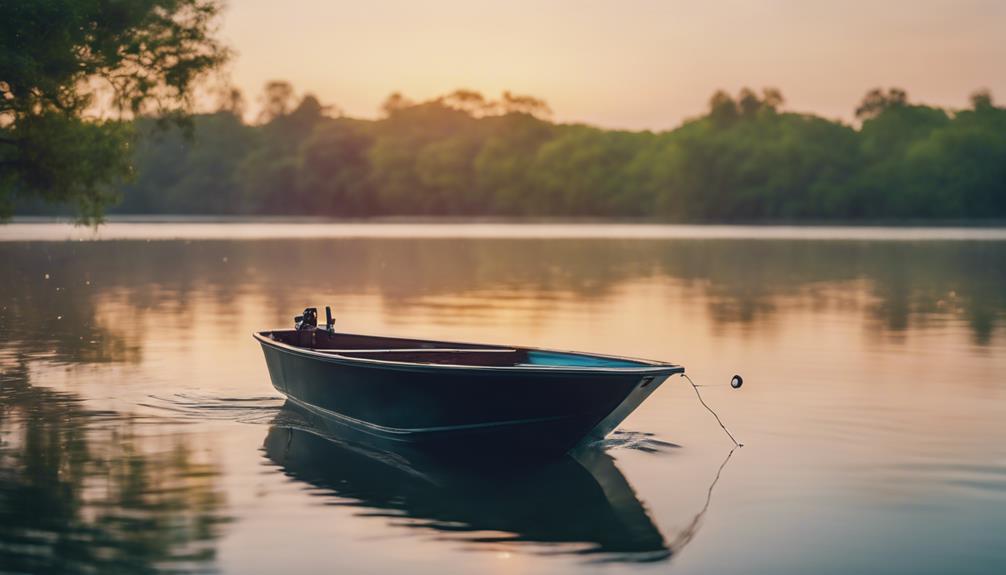Fly fishing is an art form that combines skill, patience, and a deep appreciation for nature. Whether you’re a complete novice or someone looking to hone your skills, understanding the fundamentals of beginner fly fishing is essential. This comprehensive guide breaks down everything you need to start your fly fishing journey, from equipment to techniques.
Understanding the Basics of Fly Fishing
Before diving into the specifics, it’s crucial to understand what fly fishing entails. Unlike traditional fishing, where bait is used to attract fish, fly fishing employs artificial flies that mimic insects or other prey. This method requires a different set of skills, including casting techniques and an understanding of aquatic ecosystems.
For beginners, it’s important to familiarize yourself with the types of flies used in this sport. Dry flies float on the water’s surface, while nymphs and wet flies sink below the surface. Learning how to choose the right fly for your target species is a key component of successful fly fishing.
Essential Gear for Beginner Fly Fishing
One of the first steps in your beginner fly fishing journey is selecting the right gear. Essential equipment includes a fly rod, reel, line, and flies. When choosing a fly rod, beginners should consider a versatile 5-weight rod, which is suitable for a variety of fish species.
The fly reel should match the rod’s weight, and it’s important to choose a quality reel that can handle the line and provide smooth operation. Fly lines are categorized by weight as well, and choosing the right line is essential for casting and presentation. Don’t forget about waders and boots, which will keep you comfortable while you navigate through water.
Choosing the Right Location for Fly Fishing
Finding the right location is crucial for a successful beginner fly fishing experience. Freshwater lakes, rivers, and streams are popular spots for fly fishing, but each location offers unique challenges and opportunities. Research local fishing regulations and consider visiting local fly shops for advice on the best spots for beginners.
When selecting a fishing location, look for areas with good insect activity, as this will attract fish. Also, consider the time of year; some locations may be better during certain seasons. The more knowledge you have about your chosen location, the more successful your fly fishing adventures will be.
Practicing Your Casting Techniques
Casting is one of the most critical skills in fly fishing. As a beginner, it’s vital to practice different casting techniques to develop accuracy and distance. Start with the basic overhead cast, which involves a smooth motion of the rod to propel the line forward.
Consider taking a casting lesson or watching online tutorials to enhance your skills. Practicing on a lawn or at a local park can help you gain confidence before hitting the water. Remember, practice makes perfect, and the more you cast, the more comfortable you will become with your gear.
Understanding Fish Behavior and Habitats
To become a successful fly fisher, you need to understand fish behavior and habitats. Different species of fish have distinct feeding habits and preferred environments. For example, trout are often found in cold, clear waters, while bass prefer warmer, murkier environments.
Learning about the insects and food sources in your fishing location will help you select the right flies. Observing the water for rising fish can also provide clues about what they are feeding on. By understanding fish behavior, you can increase your chances of a successful catch.
Safety Tips for Beginner Fly Fishing
Safety should always be a priority when embarking on your fly fishing adventures. Make sure to wear a life jacket if you’re fishing from a boat or in deep waters. Additionally, be aware of your surroundings, especially when wading in rivers or streams.
Sun protection is essential; wear sunscreen, a hat, and polarized sunglasses to shield yourself from UV rays and reduce glare on the water. It’s also wise to carry a first aid kit and familiarize yourself with local wildlife to ensure a safe and enjoyable experience.
Conservation and Ethical Fishing Practices
As you embark on your beginner fly fishing journey, it’s important to adopt conservation and ethical fishing practices. This includes following local fishing regulations, practicing catch-and-release, and being mindful of your environmental impact.
Always clean up after yourself and avoid littering in natural habitats. Educating yourself about local ecosystems and participating in conservation efforts can help protect the waters and fish species you enjoy. Ethical fishing not only preserves the environment but also enhances the experience for future anglers.
Joining the Fly Fishing Community
Finally, immerse yourself in the vibrant fly fishing community. Connecting with other fly fishers can provide valuable insights, tips, and camaraderie. Consider joining local fishing clubs, attending workshops, or participating in online forums to share experiences and learn from seasoned anglers.
Building relationships within the fly fishing community can enhance your skills and make your fishing adventures more enjoyable. Remember, fly fishing is not just about catching fish; it’s about building connections and enjoying the great outdoors.
Conclusion: Your Beginner Fly Fishing Journey Awaits
In conclusion, beginner fly fishing is an exciting and rewarding outdoor activity that offers a unique way to connect with nature. By understanding the basics, choosing the right gear, practicing casting techniques, and learning about fish behavior, you can set yourself up for success.
Always prioritize safety, adopt ethical fishing practices, and immerse yourself in the fly fishing community. With patience and practice, you’ll find that fly fishing can be a fulfilling lifelong hobby. So grab your gear, find a local fishing spot, and prepare to enjoy the beauty and tranquility that fly fishing has to offer!
